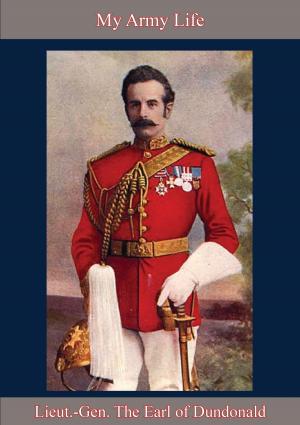Intelligence Failure In Korea:
Major General Charles A. Willoughby’s Role In The United Nations Command’s Defeat In November 1950
Nonfiction, History, Asian, Korean War, Military, India| Author: | Major Justin M. Haynes | ISBN: | 9781786253897 |
| Publisher: | Normanby Press | Publication: | November 6, 2015 |
| Imprint: | Normanby Press | Language: | English |
| Author: | Major Justin M. Haynes |
| ISBN: | 9781786253897 |
| Publisher: | Normanby Press |
| Publication: | November 6, 2015 |
| Imprint: | Normanby Press |
| Language: | English |
In November, 1950, the United States Army suffered one of its most devastating defeats ever, in the frozen mountains of North Korea at the hands of the Chinese People’s Liberation Army. This defeat fundamentally changed the nature of the Korean War, from a near-certain United Nations victory into a fight for its very survival. It was, however, avoidable.
This Chinese victory was partially the result of one of the most glaring failures in U.S. military intelligence history. The officer most responsible for this failure was the Far East Command Assistant Chief of Staff for Intelligence (G2), Major General Charles Andrew Willoughby. His inaccurate intelligence picture contributed to General of the Army Douglas MacArthur’s flawed understanding of the nature of the Chinese Communist intent.
Charles Willoughby correctly identified the potential threat of a Chinese Communist intervention in Korea in late 1950, yet failed to acknowledge the significance of China’s strategic warnings, operational preparations for war and tactical confirmation of their intentions. Willoughby’s flawed assessment of Chinese intentions in the fall of 1950 was a result of rampant mirror imaging, complicated by circular analysis stemming from his exclusive control over intelligence reporting on the Korean theater. His significant personal prejudices against the Chinese ability fight exacerbated this problem. Once the United Nations Command undeniably confirmed that Chinese forces had entered North Korea, he minimized their significance in order to support MacArthur’s final offensive to the Yalu River in late November, ultimately resulting in the defeat of his command.
In November, 1950, the United States Army suffered one of its most devastating defeats ever, in the frozen mountains of North Korea at the hands of the Chinese People’s Liberation Army. This defeat fundamentally changed the nature of the Korean War, from a near-certain United Nations victory into a fight for its very survival. It was, however, avoidable.
This Chinese victory was partially the result of one of the most glaring failures in U.S. military intelligence history. The officer most responsible for this failure was the Far East Command Assistant Chief of Staff for Intelligence (G2), Major General Charles Andrew Willoughby. His inaccurate intelligence picture contributed to General of the Army Douglas MacArthur’s flawed understanding of the nature of the Chinese Communist intent.
Charles Willoughby correctly identified the potential threat of a Chinese Communist intervention in Korea in late 1950, yet failed to acknowledge the significance of China’s strategic warnings, operational preparations for war and tactical confirmation of their intentions. Willoughby’s flawed assessment of Chinese intentions in the fall of 1950 was a result of rampant mirror imaging, complicated by circular analysis stemming from his exclusive control over intelligence reporting on the Korean theater. His significant personal prejudices against the Chinese ability fight exacerbated this problem. Once the United Nations Command undeniably confirmed that Chinese forces had entered North Korea, he minimized their significance in order to support MacArthur’s final offensive to the Yalu River in late November, ultimately resulting in the defeat of his command.


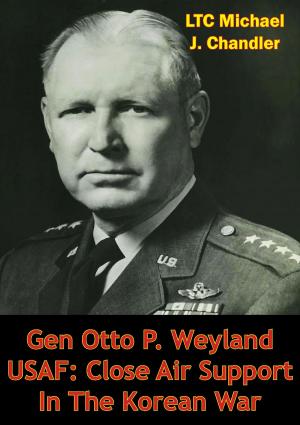
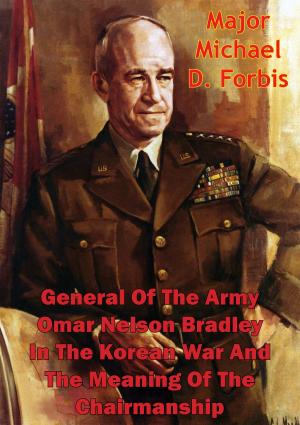
![Cover of the book The War In The Crimea [Illustrated Edition] by Major Justin M. Haynes](https://www.kuoky.com/images/2014/august/300x300/9781782895510-86ue_300x.jpg)

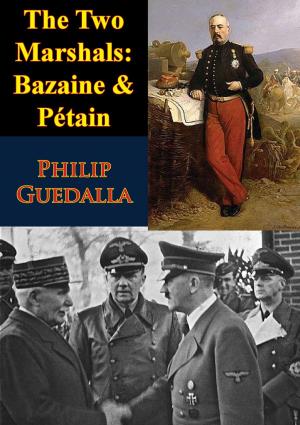
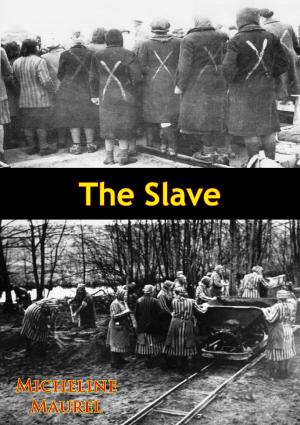
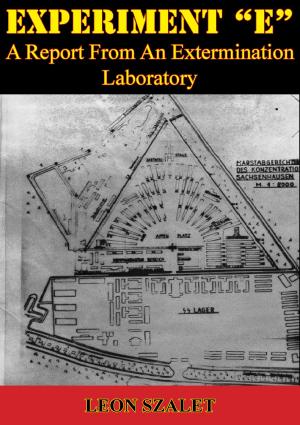

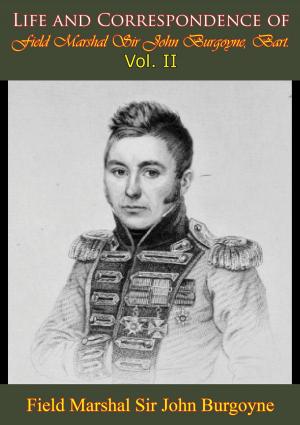
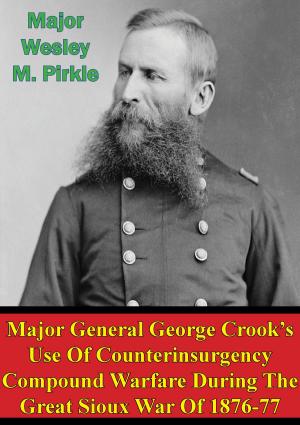
![Cover of the book Vietnam from Cease-Fire to Capitulation [Illustrated Edition] by Major Justin M. Haynes](https://www.kuoky.com/images/2016/august/300x300/9781787200814-ksgO_300x.jpg)
![Cover of the book A Lady’s Diary Before and During the Indian Mutiny [Illustrated Edition] by Major Justin M. Haynes](https://www.kuoky.com/images/2015/november/300x300/9781786253651-M81u_300x.jpg)
![Cover of the book The Invasion of the Crimea: Vol. VIII [Sixth Edition] by Major Justin M. Haynes](https://www.kuoky.com/images/2017/january/300x300/9781787203501-Uugu_300x.jpg)
